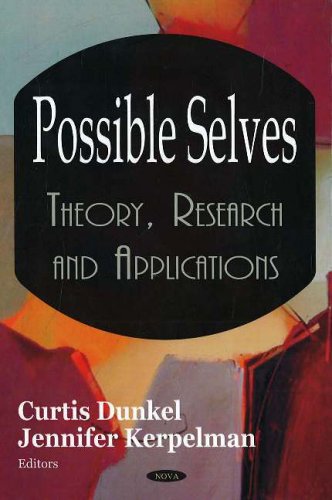Articoli correlati a Possible Selves: Theory, Research, And Applications:...

Sinossi
The concept of possible selves, first brought to life only a short time ago by Hazel Markus and Paula Nurious (1986) has grown into an exciting stream of research. Scholars have examined possible selves with regard to a host of adolescent outcomes, including academic achievement, school persistence, career expectations, self-esteem, delinquency, identity development and altruistic behaviours. Adults' possible selves have been associated with parenthood, physical and mental health, self-esteem, motivation, professional roles, coping and ageing. In addition, gender and ethnicity have been addressed in a number of possible selves studies. Educationally, what has been learned about possible selves offers a unique and viable approach to helping adolescents learn ways to identify and work toward attainable self-goals in the academic and career domains. "Possible Selves: Theory, Research and Application" represents a sample of the current research being conducted in the area of possible selves. The contributors to the book were chosen to represent a variety of perspectives, and to collectively illustrate some of the different ways that possible selves are being conceptualised, empirically examined and used in interventions.
Le informazioni nella sezione "Riassunto" possono far riferimento a edizioni diverse di questo titolo.
- EditoreNova Science Pub Inc
- Data di pubblicazione2005
- ISBN 10 159454431X
- ISBN 13 9781594544316
- RilegaturaCopertina rigida
- LinguaInglese
- Numero edizione1
- Numero di pagine236
- RedattoreDunkel Curtis, Kerpelman Jennifer
- Contatto del produttorenon disponibile
(nessuna copia disponibile)
Cerca: Inserisci un desiderataNon riesci a trovare il libro che stai cercando? Continueremo a cercarlo per te. Se uno dei nostri librai lo aggiunge ad AbeBooks, ti invieremo una notifica!
Inserisci un desiderata